G20 Summit Concludes
입력 2016.09.06 (14:23)
수정 2016.09.06 (14:47)
읽어주기 기능은 크롬기반의
브라우저에서만 사용하실 수 있습니다.
[Anchor Lead]
The G20 Summit in China has ended with the adoption of the Hangzhou communique. It calls for efforts to revive the global economy. But regional tensions and conflicting missile defense systems also played heavily on the agenda. Here's more on the G20 Summit.
[Pkg]
The bilateral China-Japan summit began at 7:30 p.m. after the closing ceremony of the G20 Summit, and ended in just half-an-hour. In the first bilateral summit meeting in one year and five months, Chinese President Xi Jinping urged Tokyo to be more careful with its remarks and actions regarding the South China Sea and take appropriate actions to normalize the East China Sea issue. In response, Japanese leader Shinzo Abe said that China and Japan must join hands on the North Korean missile threat issue and hoped to continue to cooperate in handling complicated tasks. At the G20 Summit, the U.S. and Chinese leaders clashed on various issues, including the deployment of the U.S. missile defense system THAAD on the Korean Peninsula, the South China Sea territorial dispute and human rights.
[Soundbite] Barack Obama(U.S. President) : "Beijing also said that through the G20 Summit it has begun a new type of superpower relationship with Washington."
[Soundbite] Xi Jinping(Chinese President) : "China is the largest developing nation and the U.S. is the largest advanced nation."
As such, the standoff between Washington and Beijing over the deployment of the THAAD system and the South China Sea is likely to escalate further.
The G20 Summit in China has ended with the adoption of the Hangzhou communique. It calls for efforts to revive the global economy. But regional tensions and conflicting missile defense systems also played heavily on the agenda. Here's more on the G20 Summit.
[Pkg]
The bilateral China-Japan summit began at 7:30 p.m. after the closing ceremony of the G20 Summit, and ended in just half-an-hour. In the first bilateral summit meeting in one year and five months, Chinese President Xi Jinping urged Tokyo to be more careful with its remarks and actions regarding the South China Sea and take appropriate actions to normalize the East China Sea issue. In response, Japanese leader Shinzo Abe said that China and Japan must join hands on the North Korean missile threat issue and hoped to continue to cooperate in handling complicated tasks. At the G20 Summit, the U.S. and Chinese leaders clashed on various issues, including the deployment of the U.S. missile defense system THAAD on the Korean Peninsula, the South China Sea territorial dispute and human rights.
[Soundbite] Barack Obama(U.S. President) : "Beijing also said that through the G20 Summit it has begun a new type of superpower relationship with Washington."
[Soundbite] Xi Jinping(Chinese President) : "China is the largest developing nation and the U.S. is the largest advanced nation."
As such, the standoff between Washington and Beijing over the deployment of the THAAD system and the South China Sea is likely to escalate further.
■ 제보하기
▷ 카카오톡 : 'KBS제보' 검색, 채널 추가
▷ 전화 : 02-781-1234, 4444
▷ 이메일 : kbs1234@kbs.co.kr
▷ 유튜브, 네이버, 카카오에서도 KBS뉴스를 구독해주세요!
- G20 Summit Concludes
-
- 입력 2016-09-06 14:01:12
- 수정2016-09-06 14:47:08
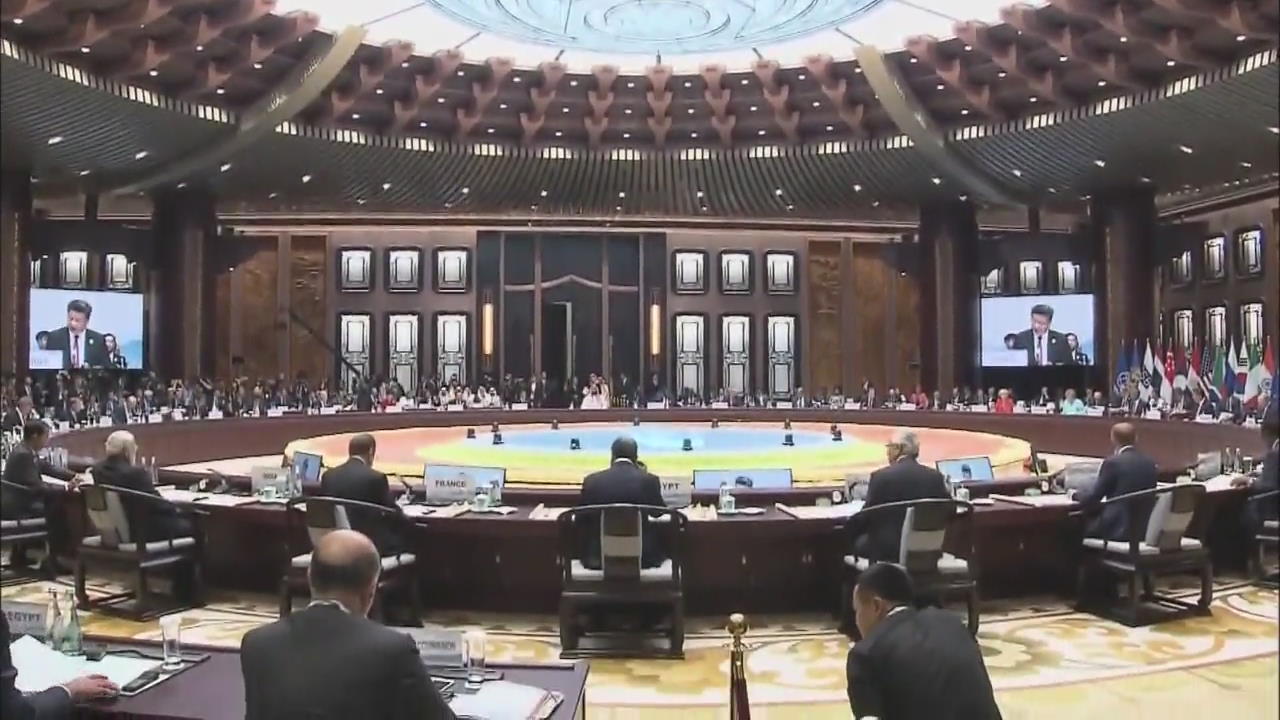
[Anchor Lead]
The G20 Summit in China has ended with the adoption of the Hangzhou communique. It calls for efforts to revive the global economy. But regional tensions and conflicting missile defense systems also played heavily on the agenda. Here's more on the G20 Summit.
[Pkg]
The bilateral China-Japan summit began at 7:30 p.m. after the closing ceremony of the G20 Summit, and ended in just half-an-hour. In the first bilateral summit meeting in one year and five months, Chinese President Xi Jinping urged Tokyo to be more careful with its remarks and actions regarding the South China Sea and take appropriate actions to normalize the East China Sea issue. In response, Japanese leader Shinzo Abe said that China and Japan must join hands on the North Korean missile threat issue and hoped to continue to cooperate in handling complicated tasks. At the G20 Summit, the U.S. and Chinese leaders clashed on various issues, including the deployment of the U.S. missile defense system THAAD on the Korean Peninsula, the South China Sea territorial dispute and human rights.
[Soundbite] Barack Obama(U.S. President) : "Beijing also said that through the G20 Summit it has begun a new type of superpower relationship with Washington."
[Soundbite] Xi Jinping(Chinese President) : "China is the largest developing nation and the U.S. is the largest advanced nation."
As such, the standoff between Washington and Beijing over the deployment of the THAAD system and the South China Sea is likely to escalate further.
The G20 Summit in China has ended with the adoption of the Hangzhou communique. It calls for efforts to revive the global economy. But regional tensions and conflicting missile defense systems also played heavily on the agenda. Here's more on the G20 Summit.
[Pkg]
The bilateral China-Japan summit began at 7:30 p.m. after the closing ceremony of the G20 Summit, and ended in just half-an-hour. In the first bilateral summit meeting in one year and five months, Chinese President Xi Jinping urged Tokyo to be more careful with its remarks and actions regarding the South China Sea and take appropriate actions to normalize the East China Sea issue. In response, Japanese leader Shinzo Abe said that China and Japan must join hands on the North Korean missile threat issue and hoped to continue to cooperate in handling complicated tasks. At the G20 Summit, the U.S. and Chinese leaders clashed on various issues, including the deployment of the U.S. missile defense system THAAD on the Korean Peninsula, the South China Sea territorial dispute and human rights.
[Soundbite] Barack Obama(U.S. President) : "Beijing also said that through the G20 Summit it has begun a new type of superpower relationship with Washington."
[Soundbite] Xi Jinping(Chinese President) : "China is the largest developing nation and the U.S. is the largest advanced nation."
As such, the standoff between Washington and Beijing over the deployment of the THAAD system and the South China Sea is likely to escalate further.
이 기사가 좋으셨다면
-
좋아요
0
-
응원해요
0
-
후속 원해요
0










![[headline]](https://news.kbs.co.kr/data/news/2016/09/06/3340850_10.jpg)
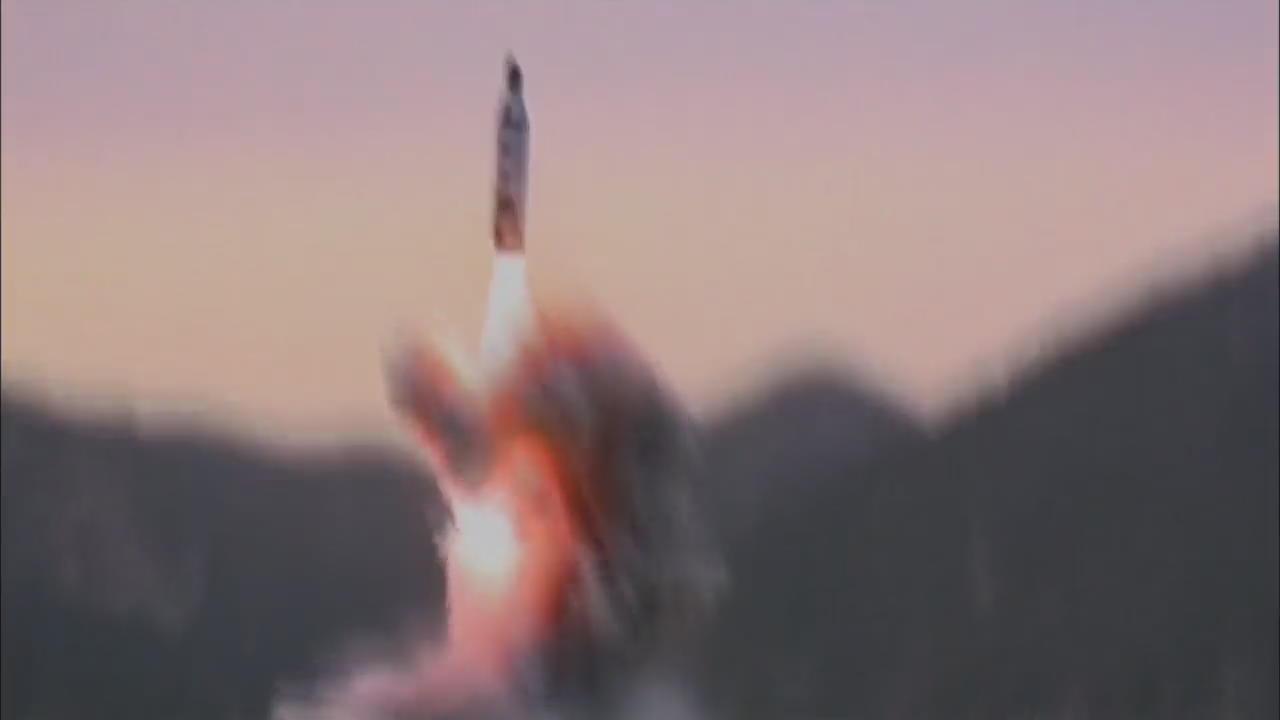
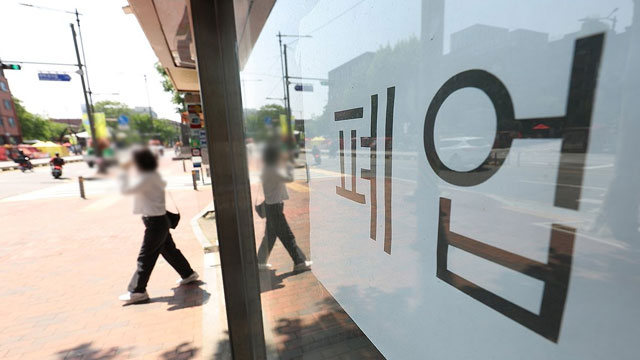
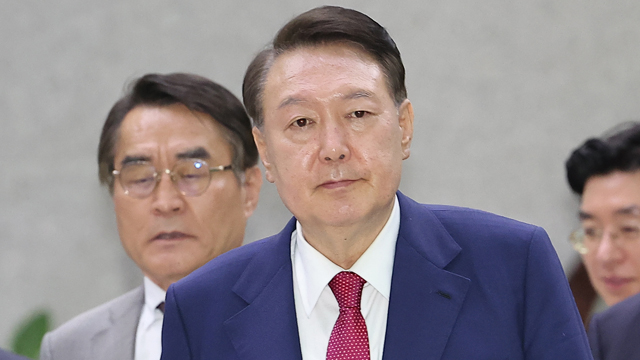
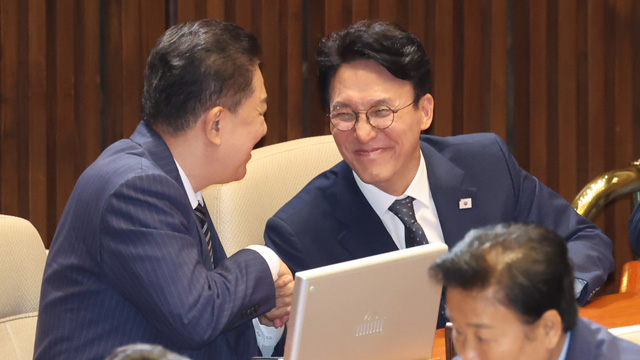
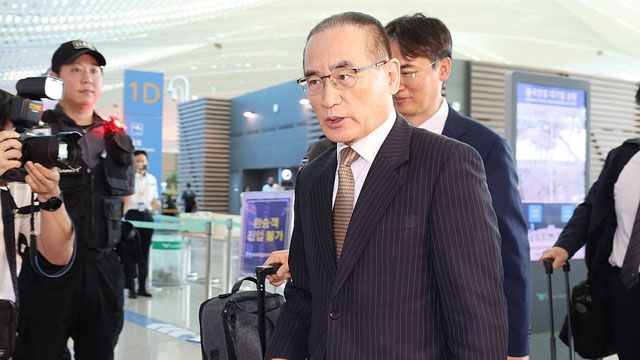

이 기사에 대한 의견을 남겨주세요.